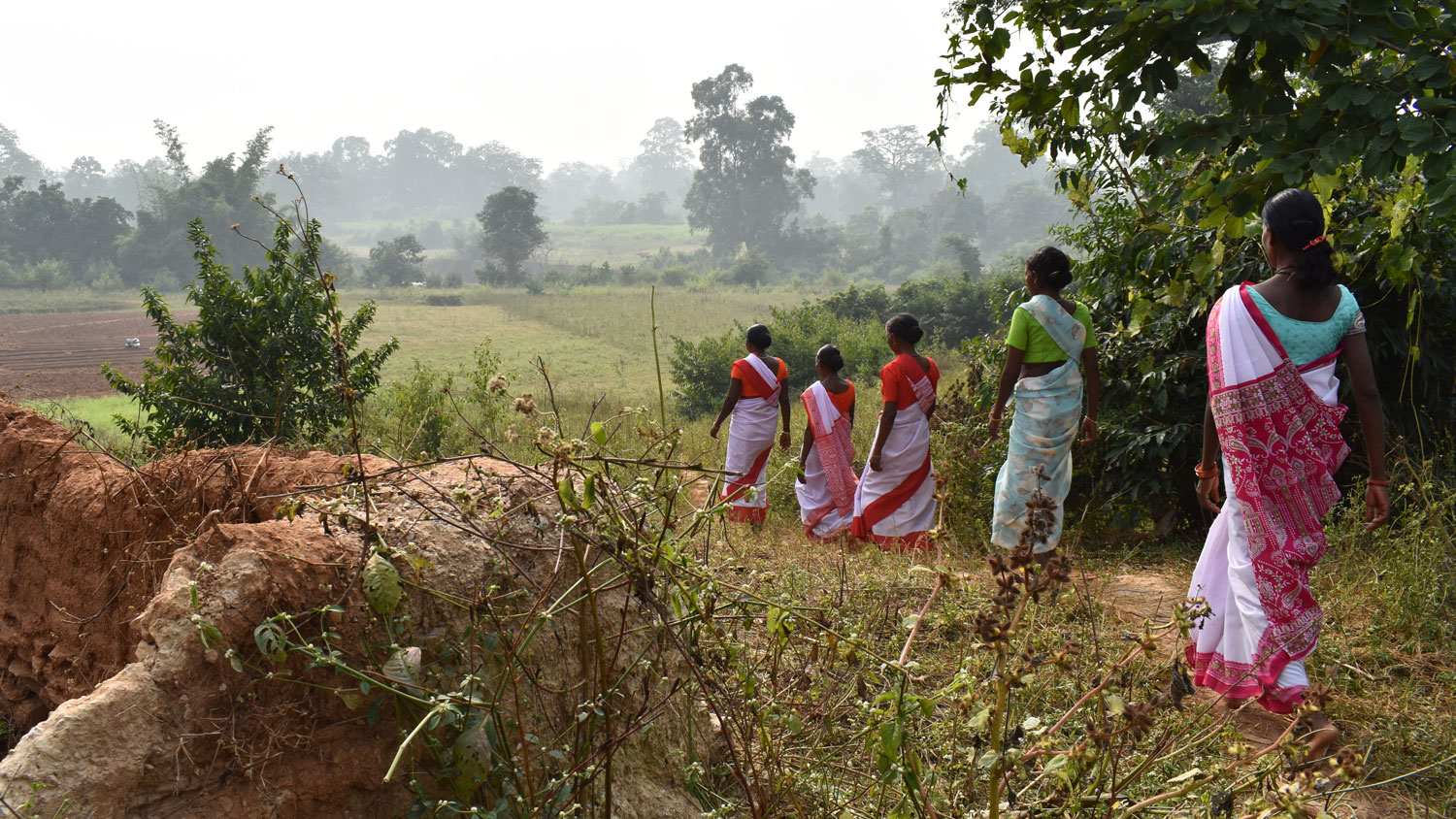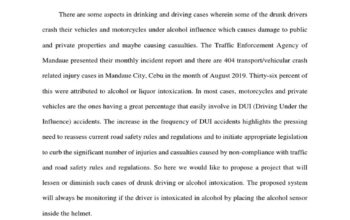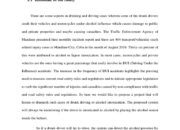The American Physical Society (APS) has recently found itself embroiled in an unprecedented discourse, where climate skeptic accusations against the legitimacy of climate science have gained momentum. This discourse raises a salient question: How does one reconcile scientific integrity with public skepticism, which appears increasingly entrenched in misinformation and doubt? Furthermore, how can scientific organizations articulate their position in a manner that fosters public understanding and acceptance of climate science in an age where dismissal is often easier than engagement?
The APS, a bastion of physics education and advocacy, has long championed the importance of empirical evidence in underpinning scientific consensus. Yet, the rise of climate skepticism, often fueled by economic interests and ideological biases, poses a formidable challenge. This phenomenon invites critical examination of the methods and strategies employed by scientific communities to address such skepticism. With a plethora of disinformation channels amplifying alternative narratives, it may seem Sisyphean for scientists to change hearts and minds. Nevertheless, the APS has felt compelled to confront these challenges with renewed vigor.
In addressing climate cognizance, the APS underscores the pivotal role of physics in elucidating climate systems. Climate change, at its core, is a manifestation of complex physical phenomena governed by principles such as thermodynamics, fluid dynamics, and thermohaline circulation. The unpredictable nature of climate behaviors can generate skepticism, leading individuals to question long-term predictions. Herein lies a potential educational opportunity: could the APS capitalize on its scientific expertise to demystify climate science for a skeptical public?
The skeptics’ primary contention revolves around what they perceive as overstatements by climate scientists regarding the human impact on climate change. They argue that natural fluctuations have historically dictated climate patterns, thereby justifying the skepticism surrounding anthropogenic contributions to global warming. This contention engenders a playful question: could climate change be an elaborate ruse concocted by scientists seeking funding? While it is prudent to engage with skeptics and ensure scientific integrity, one must also examine the hypothetical underpinnings of such an assertion. There is little empirical basis for the notion that thousands of scientists across disciplines are colluding in an elaborate deception.
The APS, therefore, faces a dual conundrum—combatting misinformation while concurrently advocating for the recognition of scientific consensus. The organization must not only defend the compendium of climate studies but must also articulate the robustness of peer-review processes that undergird scientific assertions. This presents a distinctive challenge in terms of communication; conveying the intricacies of physical laws and principles in an accessible manner requires both pedagogical skill and strategic marketing.
In response to the tide of skepticism, the APS has launched initiatives designed to increase public awareness and appreciation of physics in the context of climate change. These initiatives include outreach programs, community workshops, and educational materials geared towards demystifying climate science. Such proactive measures serve to bridge the chasm of misunderstanding that often accompanies climate discourse. The essential question is whether these efforts can substantively alter the narrative within a skeptical populace?
A key aspect of the APS’s strategy should be centered around humanizing the consequences of climate change. Empirical data, while crucial, often feels abstract and disconnected from daily experiences. By emphasizing personal and collective stories—highlighting how climate change impacts individual lives and communities—the APS can foster emotional connections. This approach encourages audiences to view climate change not merely as a theoretical construct, but as a palpable threat to shared existence and future prospects.
Moreover, a novel approach involves utilizing the metaphor of a “tipping point,” a term fraught with scientific precision but accessible to public understanding. This concept signifies a threshold beyond which a system undergoes a dramatic shift—analogous to how prolonged environmental degradation may abruptly catalyze catastrophic ecological changes. Through this lens, the APS could frame climate action as an urgent precursor to avoiding irrevocable instability.
Additionally, the APS must confront the geopolitical and economic dimensions of climate skepticism. This includes navigating the intricacies of public policy debates intertwined with vested interests in fossil fuels and industrial emissions. The APS’s engagement with legislative processes, in collaboration with policymakers, can foster a conducive environment for science-driven decision-making. Herein lies an additional challenge: how can the APS advocate for scientific integrity while respecting the multifaceted ideologies that intersect with climate policy?
Furthermore, a data-driven critique of climate skepticism can serve as a formidable counter-narrative. Providing accessible explanations of the scientific method, including hypothesis formulation, data collection, and analysis, may dismantle the pillars upon which skepticism rests. By elucidating the rigorous and iterative nature of scientific inquiry, the APS reinforces the notion that science is inherently self-correcting, thus engendering greater trust in scientific findings.
Ultimately, the ongoing endeavor to engage with climate skeptics requires a multifarious approach that marries empirical research with effective communication. It is an intricate dance of science and dialogue, where each step is crucial in overcoming the barriers of doubt and misunderstanding. The APS’s mission—to advocate for the practice and profession of physics—must adapt to the contemporary challenges posed by climate skepticism. In doing so, the APS not only affirms its role as a leader in scientific discourse but simultaneously fortifies the bedrock of scientific literacy upon which informed public dialogue can thrive.
As we ponder the responses of scientific organizations to public skepticism, one must consider the implications of such dialogues on future generations. Will the APS and similar institutions galvanize a new era of informed citizenry, or will skepticism continue to hold sway over rational discourse? The answers remain contingent on the commitment to engage, educate, and advocate for the undeniable truths that permeate the scientific pursuit and our collective existence.












